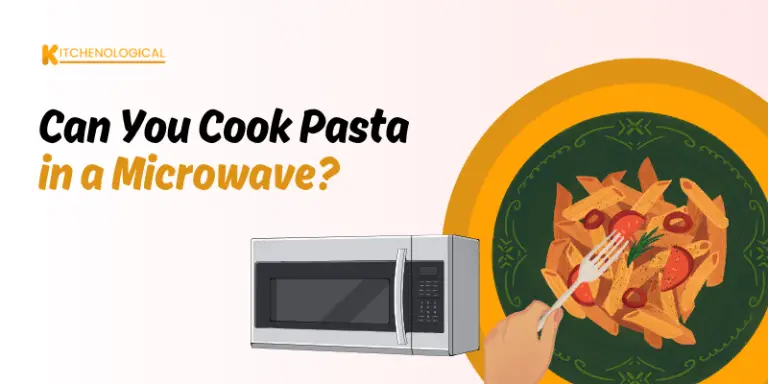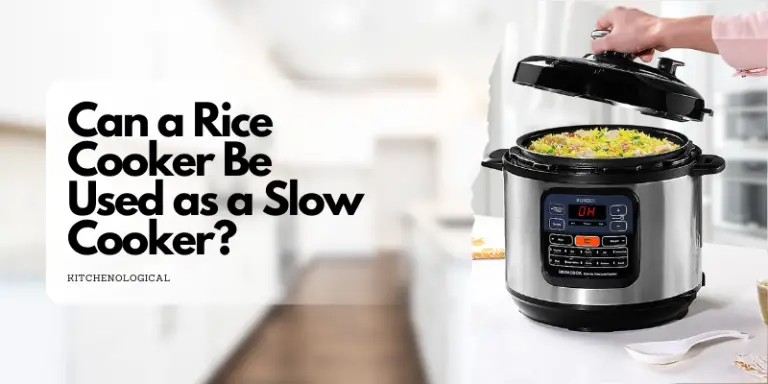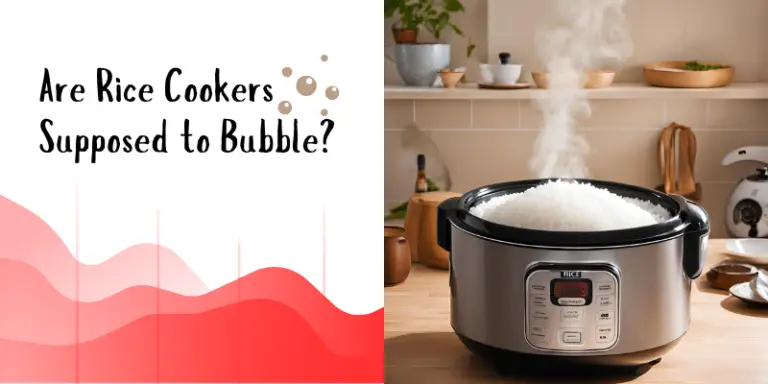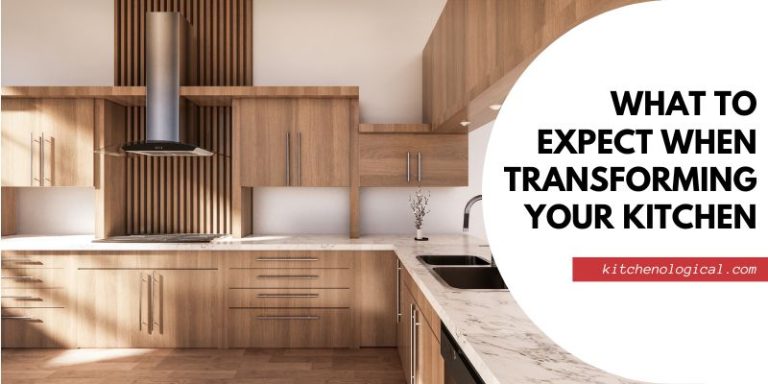We review and select products independently. Purchases through our links may earn us a small commission. Learn more.
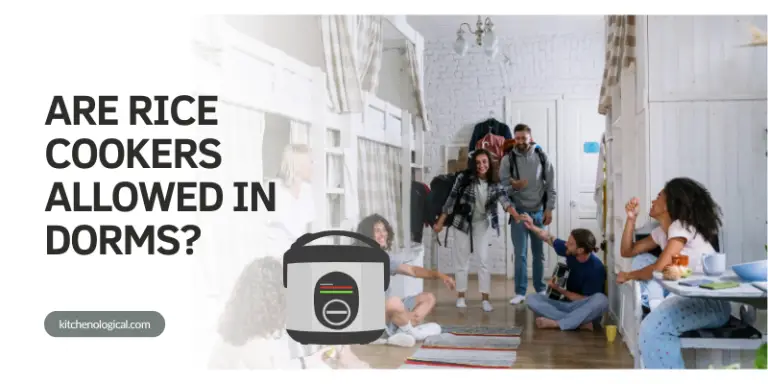
Rice cookers are a staple appliance in many households, offering a convenient way to prepare meals quickly and efficiently. However, when it comes to using rice cookers in dorm rooms, hotel rooms, or college housing, the rules can be confusing and vary widely depending on the institution or establishment. This article delves into the policies surrounding rice cookers in dorms, hotels, and college campuses, addressing common questions like, “Are rice cookers allowed in dorms?” and “Can you bring a rice cooker to college?” We’ll also explore why some places restrict these appliances and provide alternatives for students and travelers.
Are Rice Cookers Allowed in Dorms?
One of the most frequently asked questions by college students is, “Can you have a rice cooker in a dorm?” The answer depends on the specific dormitory or university policies. Many colleges and universities have strict rules about what appliances are allowed in dorm rooms due to safety concerns.
Why Are Rice Cookers Not Allowed in Dorms?
Rice cookers are often prohibited in dorms for several reasons:
- Fire Hazards: Rice cookers use heating elements that can overheat or malfunction, posing a fire risk, especially in small, densely populated dorm buildings.
- Power Limits: Dorm rooms typically have limited electrical capacity. High-wattage appliances like rice cookers can overload circuits, leading to power outages or electrical fires.
- Policy Consistency: Many dorms ban all cooking appliances to maintain uniformity and avoid disputes over what is or isn’t allowed.
Are Rice Cookers Allowed at NYU or Other Universities?
Policies vary by institution. For example, at NYU (New York University), rice cookers are generally not allowed in dorm rooms due to safety regulations. Other universities, such as Rice University, may have similar restrictions. It’s essential to check your school’s housing guidelines before bringing any appliances.
Do Dorms Allow Rice Cookers?
Some dorms may allow low-wattage rice cookers or appliances with automatic shut-off features. However, most universities prohibit them outright. If you’re unsure, contact your housing office for clarification.
Can You Bring a Rice Cooker to College?
While you may be tempted to bring a rice cooker to college for convenient meals, it’s crucial to review your school’s policies. If rice cookers are prohibited, consider these alternatives:
- Microwaveable Rice Cookers: These are often allowed in dorms and can be used to cook rice and other meals.
- Mini Fridges with Cooking Features: Some mini fridges come with built-in cooking options.
- Communal Kitchen Access: Many dorms provide shared kitchens where students can use rice cookers and other appliances.
Are Rice Cookers Allowed in Hotels?
When traveling, you might wonder, “Is a rice cooker allowed in hotels?” or “Can we use a rice cooker in a hotel room?” The answer depends on the hotel’s policies.
Can You Use a Rice Cooker in a Hotel Room?
Most hotels do not explicitly ban rice cookers, but using them in your room may violate fire safety regulations or terms of service. Hotels often prohibit cooking in rooms to prevent fire hazards and maintain cleanliness. If you’re unsure, ask the front desk before using any cooking appliances.
Alternatives for Travelers
- Portable Rice Cookers: Compact, travel-friendly rice cookers are available for those who need them on the go.
- Hotel Kitchenettes: Some hotels offer rooms with kitchenettes, where using a rice cooker may be permitted.
Are Instant Pots and Pressure Cookers Allowed in Dorms?
Instant Pots and pressure cookers are popular multi-functional appliances, but they are often subject to the same restrictions as rice cookers. These devices use high pressure and heat, making them potential safety hazards in dorm settings. Most universities, including NYU and Rice University, prohibit Instant Pots and pressure cookers in dorm rooms.
Why Are Cooking Appliances Restricted in Dorms?
The primary reason for restricting cooking appliances in dorms is safety. Dormitories house hundreds or even thousands of students, and the risk of fire or electrical accidents increases with the use of unauthorized appliances. Additionally, dorms are not designed for extensive cooking, and shared living spaces require rules to ensure everyone’s comfort and safety.
Tips for Students Living in Dorms
- Check Policies: Always review your dorm’s guidelines before bringing any appliances.
- Use Communal Kitchens: Take advantage of shared kitchen spaces to cook meals.
- Invest in Allowed Appliances: Look for dorm-friendly alternatives like microwaves, toaster ovens (if permitted), or electric kettles.
- Meal Prep: Prepare meals in advance and store them in your mini fridge for easy access.
Conclusion
While rice cookers are incredibly convenient, they are often not allowed in dorm rooms or hotel rooms due to safety concerns. Policies vary by institution and establishment, so it’s essential to check the rules before bringing or using a rice cooker. For students, alternatives like communal kitchens and microwaveable rice cookers can provide similar convenience without violating housing policies. By understanding and adhering to these guidelines, you can enjoy delicious meals while staying safe and compliant.
Whether you’re heading to college or traveling, always prioritize safety and respect the rules of your living space. If in doubt, reach out to your housing office or hotel staff for clarification. Happy cooking—wherever it’s allowed!




